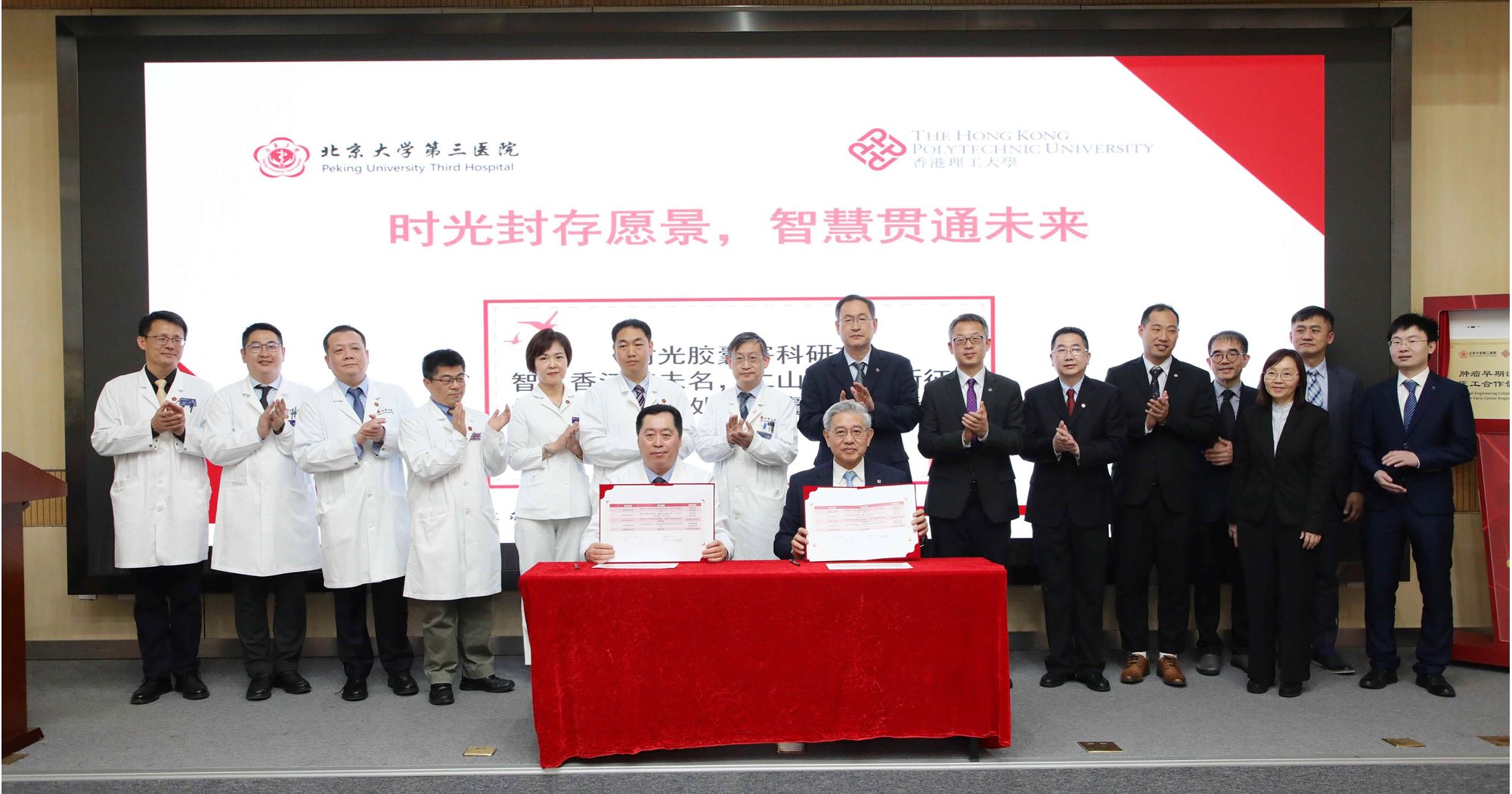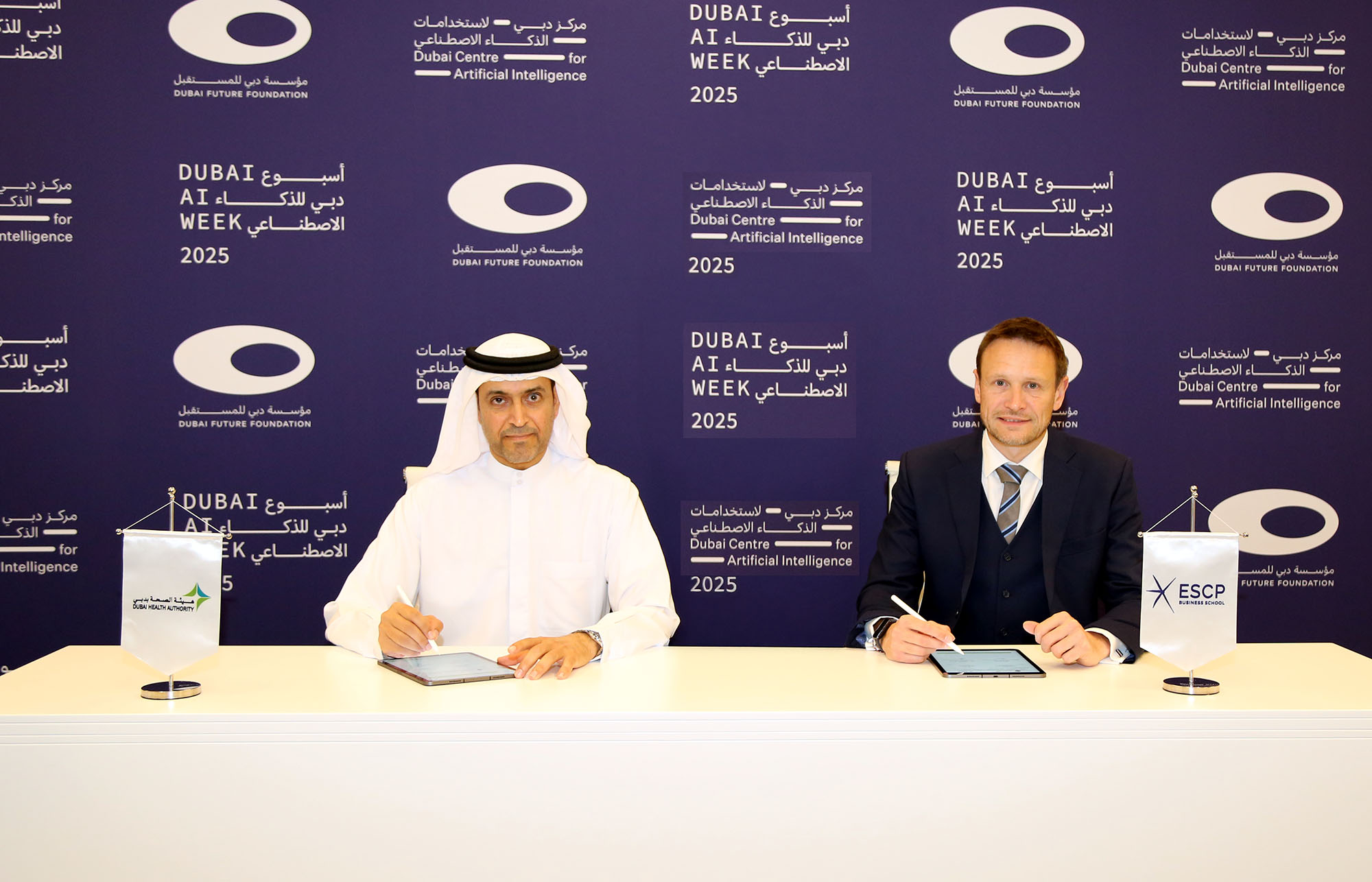
image credit- shutterstock
South Korea’s biopharma market, at $22 billion, ranks as the thirteenth largest globally, reports Intralink Korea. The country has made notable strides in biosimilars, contract manufacturing etc. More recently, it has emerged as a growing hub for biopharma innovation, now ranking third worldwide for new drug discoveries. According to Citeline’s Pharmaprojects database, South Korean companies have developed over 1,300 new drug candidates in the past three years, representing 10 per cent of the global total. This puts the country ahead of established R&D leaders like the UK, Switzerland, and Japan, with innovation driven by more than 320 pharmaceutical and biotech firms.
In clinical research, too, South Korea continues to gain ground. In 2023, it ranked fourth globally for clinical trial activity, with Seoul maintaining its position as the world’s top clinical trial city. While global clinical trial activity declined by 5.5 per cent that year, South Korea recorded a 9 per cent increase, according to the Korean National Enterprise for Clinical Trials (KoNECT).
Now, South Korea is setting its sights even higher, with a concerted effort to become the world’s leading biotech and pharmaceutical innovation hub.
“The South Korean government is actively working to establish the country as a global biotech hub by 2030,” said Jurie Hwang, Director of Public & International Relations Division at KoreaBIO. “This includes a $19 billion R&D budget to fuel biotech startups and innovation, regulatory reforms to speed up approvals and IPOs, expanded infrastructure in key clusters like Songdo and Pangyo, and deeper global partnerships to drive licensing, M&A, and international growth.”
Let’s take a closer look at how South Korea is putting this ambitious vision into action.
Creating an innovative ecosystem
South Korea is taking various steps to strengthen its position in the global biotech landscape. In January 2025, the country launched the National Bio Committee, a presidential advisory body tasked with overseeing national strategies for biotechnology and the life sciences industry. This initiative reflects Korea’s intent to remain competitive amid the global race to develop novel drugs and advanced biopharmaceutical technologies. This development builds on a series of ongoing government initiatives to promote the biotech sector. In November 2024, the Ministry of Science and ICT (MSIT) announced the launch of the National Synthetic Biology Initiative. This initiative is designed to foster innovation in biomanufacturing and strengthen Korea’s capabilities in synthetic biology—one of the 12 key technologies identified under the National Strategic Technology Nurture Plan.
The country has also set bold targets for the sector’s growth. In March 2024, the government announced plans to increase the country’s biotechnology output nearly fivefold, from $43 billion in 2020 to $149 billion by 2035. This projection spans biopharmaceuticals, medical devices, supplements, biomass, and biotech services. The administration also plans to expand the number of biotech venture firms significantly, from around 400 annually to over 1,000 by 2035—by boosting investment in R&D.
Government backing has been central to Korea’s biopharma progress. In 2023, the government introduced the Third Five-Year Comprehensive Plan for the Development and Support of the Bio-Pharmaceutical Industry, with a clear aim to place Korea among the world’s top six pharmaceutical powerhouses.
By 2027, the plan envisions:
Talking about other initiatives, Joonho Choi, General Manager Commercial, Cytiva Korea said, “South Korea is implementing several key strategies to develop its bio cluster and position itself as a global biotech powerhouse by 2030. The Bio Economy 2.0 Initiative aims to transform South Korea into a global leader in bio-medical products, new materials, bio energy, and digital bio innovation. The Songdo Bio Cluster in the Incheon Free Economic Zone (IFEZ) is home to not only major world organisations but also global biotech companies like Samsung Biologics and Celltrion. This cluster is expanding its infrastructure and ecosystem to attract more foreign investment and enhance global competitiveness.”
He added, “The government is actively supporting contract development and manufacturing organisation (CDMO) companies through a recently proposed Biopharmaceutical CDMO Support Act. This law aims to reduce regulatory hurdles for biopharmaceutical exports by allowing businesses to register as export manufacturers without needing pharmaceutical manufacturing licenses for exports. Additionally, it seeks to codify good manufacturing practice (GMP) guidelines, ensuring safety, efficacy, and consistent quality. This would bolster the credibility and marketability of Korean CDMO companies internationally.”
How pharma giants see Korea
Global pharmaceutical and life sciences companies are increasingly turning their attention to South Korea.
“The country is home to a large number of public and private research institutions performing cutting-edge and innovative research, in areas including biotechnology, mRNA and gene therapy,” said Emrae Jung, Program Management Director, Merck Korea.
In April 2025, GSK signed a £2 billion licensing deal with Korean startup ABL Bio to co-develop treatments for neurodegenerative diseases, marking one of the largest cross-border deals involving a Korean biotech. In the same month, Prazer Therapeutics secured a $29 million Series B funding round led by Johnson & Johnson Innovation and other international investors.
Multinational suppliers and technology partners are also deepening their footprint in the country. Sartorius has announced plans to open a cell culture media facility by 2027, while Taiwan's Formosa Group has committed $12.5 million to establish a biomedical research centre in Korea. Merck has also invested €300 million in a new Bioprocessing Production Center in Daejeon, its largest life sciences investment in the region to date.
“This is a major step in realising our ‘in-region, for-region’ manufacturing strategy and will strengthen the resilience of our supply chain in the fastest-growing region of the world,” said Jung.
Cytiva, another major player in life sciences, has identified South Korea as a strategic growth market due to the rapid expansion of its biopharma sector, fueled by CDMO and biosimilar leaders such as Samsung Biologics and Celltrion, and rising players like SK Bioscience and Lotte Biologics.
Speaking about Cytiva’s commitment to the region, Choi said, “Cytiva has established its first Innovation Hub in Korea, located in the Songdo Bio-cluster, which includes a manufacturing unit expected to begin local production from 2026, and a customer experience lab aimed at driving advancements in biopharmaceutical manufacturing. Cytiva focuses on supply excellence through local manufacturing, ensuring the security of supply for Korean customers. Due to higher customer demand, Cytiva has been contributing to customers’ improved productivity with advanced hardware solutions equipped with automation functions. The company is also expected to release new innovative products, including consumables like resin and cell culture media, that offer better efficiency and cost-effectiveness to better meet Korean customers’ various needs.”
Cytiva is also investing in talent and capability development. Through collaborations with institutions like K-NIBRT at Yonsei University and its own Fast Track Center, it offers hands-on training programmes for professionals in biomanufacturing.
Korean firms stepping up the game
Some of the leading innovative firms in South Korea's biopharma and biotech space:
Orum Therapeutics, a rising star in South Korea’s biotech sector, debuted on the Korea Exchange in 2025, raising ₩50 billion in what marked the nation’s first biopharma IPO of the year. Specialising in targeted protein degraders (TPD) for cancer treatment, the company is rapidly positioning itself at the forefront of oncology innovation, with a transformative approach that is capturing the attention of the global biopharma industry. Orum Therapeutics is at the forefront of the Degrader-Antibody Conjugate (DAC) approach to TPD, a transformative approach in the field. Advancing this technology presents exciting opportunities to refine selectivity and expand the potential of protein degraders beyond conventional approaches. One of the key areas of innovation is achieving precise tissue specificity, ensuring that small-molecule degraders effectively target tumours while minimising impact on healthy tissues. Additionally, Orum is overcoming the limitations of traditional antibody-drug conjugates (ADCs) by leveraging novel TPD payloads that go beyond DNA-damaging agents and tubulin inhibitors. Its pipeline is rich with promising candidates, focusing on areas of high unmet need in both oncology and non-oncology. It is particularly excited about its preclinical assets ORM-1153, leveraging its innovative TPD² approach.
Alteogen Inc. specialises in novel biologics including antibody-drug conjugates (ADCs), biobetters, and biosimilars. Its pipeline features clinical-stage long-acting therapeutic proteins and next-generation ADCs developed using its proprietary NexP-fusion and NexMab platforms. Alteogen has also developed ALT-B4, a recombinant human hyaluronidase enzyme based on its Hybrozyme technology, which enables subcutaneous delivery of drugs traditionally given via IV infusion. This innovation has attracted major pharma partnerships. In March 2025, AstraZeneca signed a license agreement with Alteogen to develop subcutaneous formulations of multiple oncology drugs. In November 2024, Daiichi Sankyo entered an exclusive global licensing deal to use ALT-B4 to develop a subcutaneous version of ENHERTU, a HER2-directed ADC co-developed with AstraZeneca for $1.7 billion. Both companies will collaborate during the ongoing phase 1/2 trial, with Janssen taking over full development and commercialisation upon option exercise.
J INTS BIO is pioneering the development of personalised cancer therapies and orphan drugs by integrating artificial intelligence with multi-omics technologies. This approach—combining genomics, transcriptomics, metabolomics, and proteomics—aims to improve drug efficacy prediction and reduce toxicity in cancer treatment. J INTS BIO's pipeline includes targeted therapies for NSCLC such as 4th-gen EGFR-TKIs (JIN-A02, JIN-A04) and inhibitors for HER2/EGFR mutations. It also features candidates like JIN-001 and JIN-002 for glioblastoma, solid tumors, and Parkinson’s disease. In 2024, the company launched a major AI-supercomputing alliance for precision oncology, partnering with Yuhan Corporation, KAIST, and policymakers to transform lung cancer therapy through next-gen computational tools.
Oncocross is harnessing artificial intelligence to revolutionise drug discovery and development. At the heart of Oncocross's innovation is its proprietary AI platform, which analyses gene expression patterns to accurately identify optimal indications for new drug candidates, particularly in the areas of cancer, rare diseases, and intractable conditions. The platform’s high predictive accuracy enables faster progression into clinical trials, reducing the risk of late-stage failures and accelerating the path to market. In 2024, the company made headlines with its successful IPO on the Korea Exchange, raising ₩85.56 billion ($59.5 million) by offering approximately 11.85 million shares at ₩7,300 each.
With a blend of strong government backing, global partnerships, and a wave of homegrown innovation, South Korea is on track to establish itself as a global biotechnology powerhouse.
Ayesha Siddiqui




